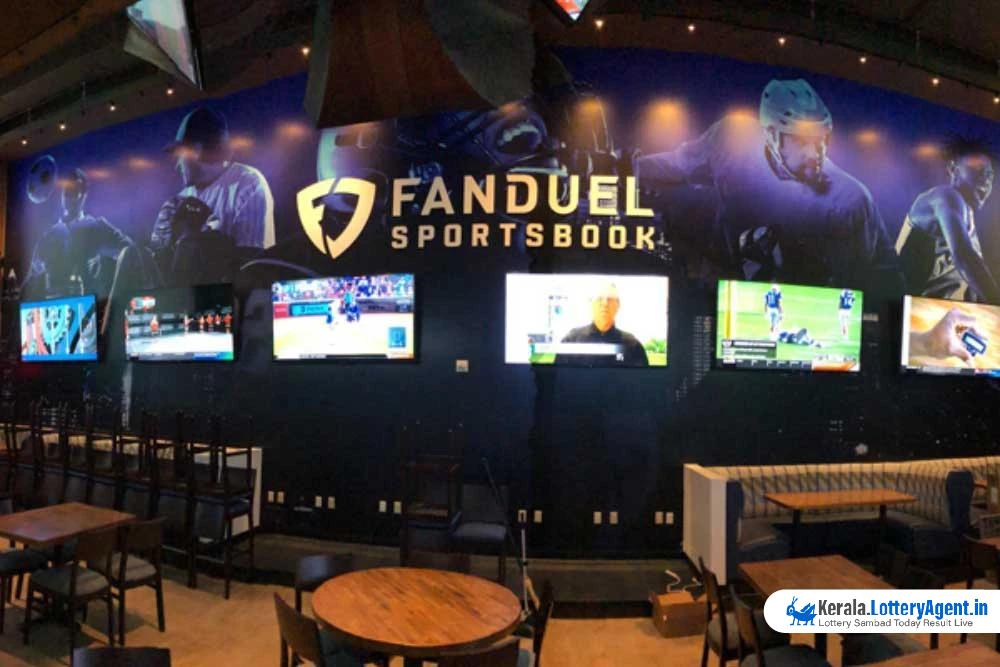
A recent report published by Jefferies highlights FanDuel’s prominent position in the US sports betting market. The data reveals that in the month of May, FanDuel secured an impressive 45% share of the gross gaming revenue across 11 states that reported their online sportsbook revenue. This achievement underscores FanDuel’s dominance in the rapidly growing market. Trailing behind, DraftKings managed to capture a 36% share, while BetMGM held 6%. In the lower ranks, Fanatics and ESPN Bet secured 3% and 2% respectively.
Despite FanDuel’s stronghold, the future of sports betting legalization in Texas remains uncertain. Patrick Dumont, the governor of the NBA’s Dallas Mavericks, expressed his skepticism about when Texas might join the ranks of states with legalized gambling. Although some progress was seemingly made last year, Texas continues to be one of the largest US states without a legal sports betting market. One of the challenges cited is the state legislature’s schedule, which convenes only in odd-numbered years. Hence, the next opportunity for passing relevant legislation will be in 2025.
Dumont, who is also the president and chief operating officer of Las Vegas Sands, shared his insights on the matter during an interview with the Associated Press. He emphasized the long-term perspective his organization maintains. “We’re patient,” Dumont stated. “We think long term. We’re not people who think in the short term.” This measured approach indicates that despite the ongoing efforts, a swift resolution is not anticipated.
Adding to the conversation, the president of the Dallas Stars echoed Dumont’s thoughts, highlighting the complexities involved in the legalization process.
. The task of legalizing sports betting in Texas remains fraught with hurdles and is far from being a straightforward proposition. As seen from recent years, legislators in Texas have been trying to push the envelope but continue to face the same persistent issues.
Over in Nevada, the gaming scene paints a contrasting picture. According to Carlo Santarelli, a Deutsche Bank analyst, high-end gaming is experiencing a robust resurrection post-pandemic. Through a note to investors, Santarelli detailed Las Vegas’s continued success, noting that the city has enjoyed 12 consecutive quarters of gaming revenue growth since the Covid-19 pandemic ended. The boost has been particularly pronounced in the high-end segment, propelled by major sporting events like Formula One races and the Super Bowl.
Santarelli pointed out that while high-end properties are thriving, lower to mid-tier gaming establishments have hit their peak and begun to decline. The ability of high-end properties to charge premium prices has set them apart in this competitive landscape. This trend underscores a larger shift within the gaming industry, as clientele show a preference for high-end experiences, especially those augmented by marquee sporting events.
Shifting focus to the Midwest, the Nebraska Racing and Gaming Commission is set to choose a new executive director soon. According to local reports from the Lincoln Journal-Star, there are four finalists under consideration for the position. Board chairman Dennis Lee anticipates the selection process to be concluded by August.
The interim executive director, Casey Ricketts, who took over following Tom Sage’s departure in January, is among the candidates vying for the permanent role. The other contenders include Seward Mayor Joshua Eckmeier, State Senator John Lowe, and former policy analyst Laurie Holman. Each candidate brings a unique background and set of skills to the table, making for a competitive selection process.
In summary, while FanDuel continues to dominate the US sports betting market, the broader landscape is marked by regional disparities and ongoing challenges in legalization, particularly in large states like Texas. Meanwhile, the booming high-end gaming sector in Nevada and administrative changes in Nebraska highlight the dynamic and multifaceted nature of the gaming industry today.












